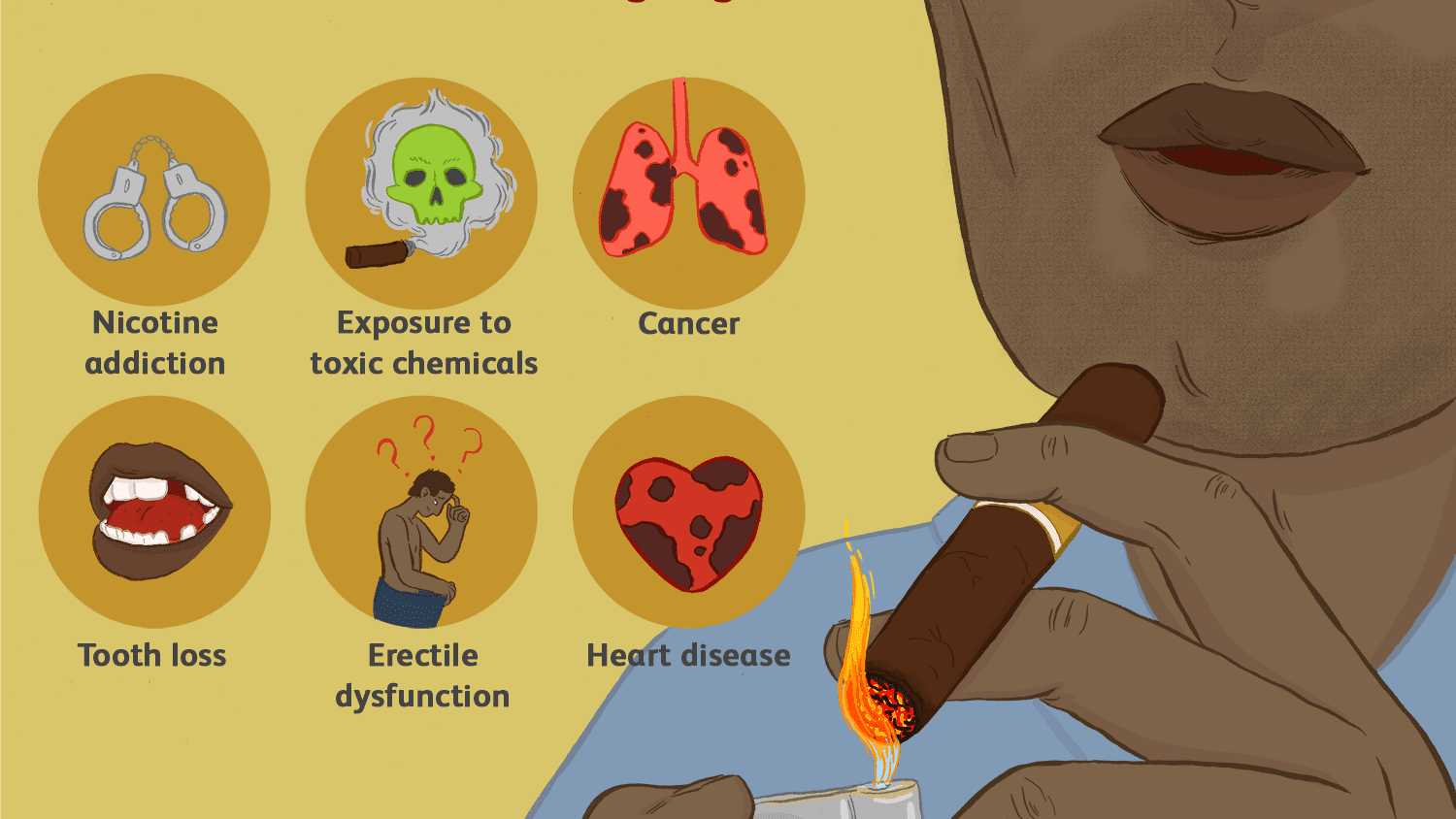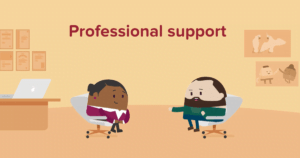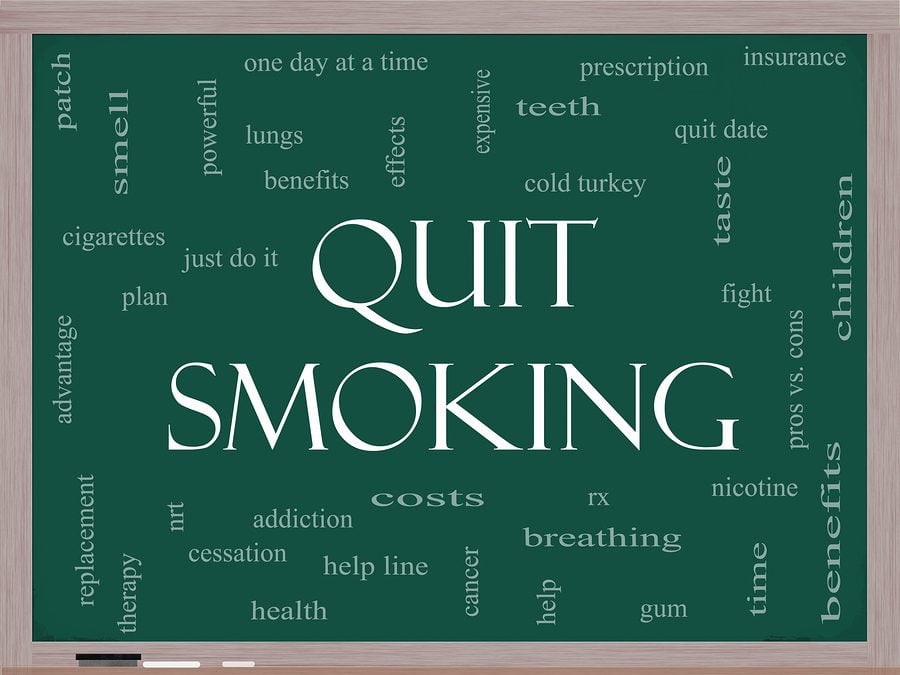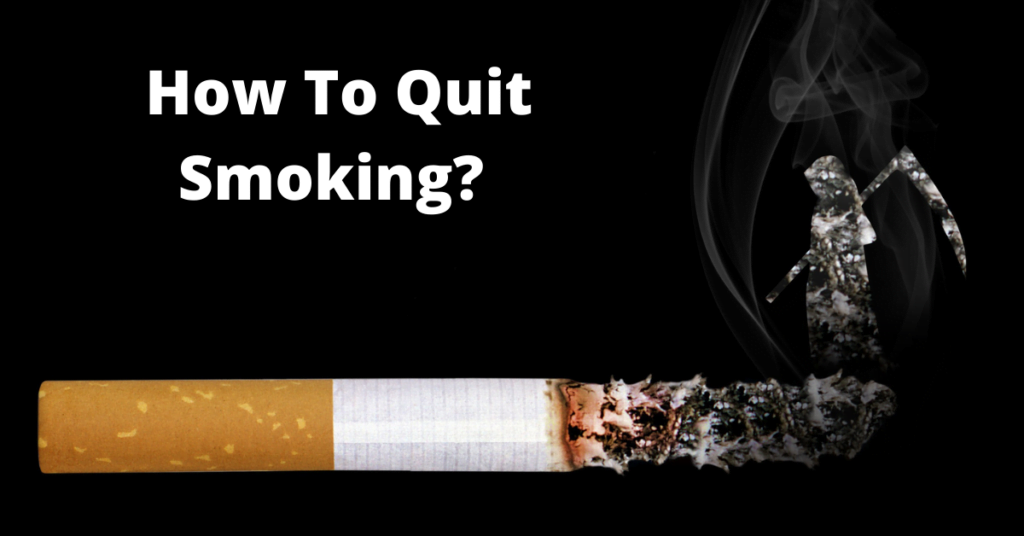Contents
What Is Smoking Cessation?

Smoking cessation is the process of discontinuing compulsive smoking. It involves an entire set of processes that are you execute in order to achieve long-term abstinence from nicotine addiction. Smoking cessation can be through various methods, which range from self-help strategies up to professional help and medication. These are some of the ways to quit smoking.
Why Should Someone Quit Smoking?

Smoking is not good for someone’s health. The price for smoking is high – it involves a significantly increased risk of lung cancer, chronic obstructive pulmonary disease (COPD), heart attack, stroke, and other life-threatening conditions. There are many side effects of smoking. Some of these are:
- Poor eyesight
- Bad breath Smell of hair and clothes
- Tooth damage due to the effect on gum tissues.
- lungs damage, cancer
- heart problems
- problems in pregnancy
- early menopause
How To Quit Smoking?
Despite all these negative effects, quitting smoking is not an easy thing to do. It requires a lot of motivation as well as commitment from yourself in order for you to achieve success at quitting this addiction.
Smoking cessation can be achieved through various methods, which range from self-help strategies up to professional help and medication. These include:
Medication
 Medication helps in the process of smoking cessation by reducing the symptoms that come with nicotine withdrawal. Some medications can help reduce cravings and other unpleasant feelings associated with quitting smoking. Some of these medications are :
Medication helps in the process of smoking cessation by reducing the symptoms that come with nicotine withdrawal. Some medications can help reduce cravings and other unpleasant feelings associated with quitting smoking. Some of these medications are :
Chantix
This medication is taken orally. It blocks the effect of nicotine by attaching to receptors in the brain responsible for smoking addiction.
Nicotine Replacement Therapy (NRT)
These are available as chewing gums, skin patches, nasal sprays, and inhalers that contain small doses of nicotine which help reduce withdrawal symptoms. This method should be combined with one-on-one counseling sessions where a psychologist discusses any difficulties you might have experienced during treatment so far.
Professional Help
 The other method to quit smoking is through professional help. For example, some hospitals provide smoking cessation programs that are designed to gradually reduce the number of cigarettes smoked until you finally quit entirely. These are some of the therapies through which smoking cessation can be achieved:
The other method to quit smoking is through professional help. For example, some hospitals provide smoking cessation programs that are designed to gradually reduce the number of cigarettes smoked until you finally quit entirely. These are some of the therapies through which smoking cessation can be achieved:
Cognitive Behavioral Therapy (CBT)
Cognitive Behavioral Therapy helps you identify the triggers that lead to your addiction so as you avoid them in the future.
Motivational Enhancement Therapy (MET)
This is another form of psychotherapy that involves motivational interviewing and counseling sessions designed to keep people motivated about quitting smoking, especially if they lack motivation or strong reasons not to smoke. This method also includes techniques on how smokers should deal with withdrawal symptoms once they quit.
Stress Management Techniques
These are usually fairly brief therapies where a psychologist teaches methods by which stress levels could be reduced after someone quits smoking. These include deep breathing exercises, muscle relaxation strategies, positive visualization, etc.
Self-Help Strategies
There are many ways you can use to achieve success in your attempt to quit smoking, such as:
Join Support Groups
 Joining a support group or attending online forums where people who have similar problems share their experiences and knowledge about how to successfully cope with those difficulties is one way in which you will be able to gain motivation and learn much more about what you’re actually going through during this period of time when trying to detach yourself from cigarettes.
Joining a support group or attending online forums where people who have similar problems share their experiences and knowledge about how to successfully cope with those difficulties is one way in which you will be able to gain motivation and learn much more about what you’re actually going through during this period of time when trying to detach yourself from cigarettes.
Determine Your Motivation
You should know what drives you. Be very clear about your motives. try thinking of all the positive changes quitting will bring into your life (healthier body, better smell, etc.). It is best if you write down these benefits because having them written down makes it easier for you to remember them when you’re trying to quit.
Spread Awareness
 Knowing that there are consequences like a bad smell, respiratory problems, nicotine poisoning, etc., which can be avoided if one was to quit smoking now. This knowledge plays a major role in motivating someone into taking action; however, it’s only the beginning because without determination and willpower no one can succeed at anything they try. So how long does it take before someone quits? Like any other goal in life, this will depend on how badly you want it.
Knowing that there are consequences like a bad smell, respiratory problems, nicotine poisoning, etc., which can be avoided if one was to quit smoking now. This knowledge plays a major role in motivating someone into taking action; however, it’s only the beginning because without determination and willpower no one can succeed at anything they try. So how long does it take before someone quits? Like any other goal in life, this will depend on how badly you want it.
Practice Relaxation Activities
You can practice smoking cessation by practicing relaxation activities such as meditation, yoga, and even progressive muscle relaxation which will help you reduce stress levels. This will help you cope better with withdrawal symptoms and ultimately have a greater chance of quitting cigarettes.
Reward Yourself
Once someone quits smoking it’s important that they reward themselves for their efforts because this gives them something positive to look forward to. For example, one could take himself/herself out for dinner at his/her favorite restaurant after he/she has been nicotine-free for three months. This would be an excellent motivator especially if the person kept track of how many days he/she’s been nicotine-free.
Practice Physical Exercises
 It is important that one keeps active after quitting because this will help prevent cravings. Furthermore, being physically fit helps reduce stress levels which are usually associated with nicotine withdrawal symptoms.
It is important that one keeps active after quitting because this will help prevent cravings. Furthermore, being physically fit helps reduce stress levels which are usually associated with nicotine withdrawal symptoms.
Avoid Drinking Alcohol
One should avoid drinking alcohol after quitting smoking because this can be very dangerous. Nicotine is a stimulant and alcohol has the opposite effect, which means that nicotine will not have an adverse effect on someone who drinks while he/she quits smoking; however, it might encourage him/her to start again. On the other hand, if you do drink but still want to quit then consider cutting down gradually before finally quitting completely once and for all (smoking cessation).
Avoid Triggers
One should avoid triggers such as:
- stressful situations
- crowded places
- drinking alcohol.
These will only serve to make you feel more anxious than usual which can lead someone back into the habit of smoking again after he/she has finally quit. It is important that before one quits they take time out to think about what things trigger them in order for them to cope better when they encounter these same triggers once they have actually stopped (smoking cessation).
Benefits of Quitting Smoking

These are some of the benefits of quitting smoking:
- People who quit smoking will see their sense of taste and smell return to normal.
- Their physical fitness improves which means that they can do more without feeling exhausted or out of breath (smoking cessation).
- This helps these people become more productive and generally happier with themselves because it gives them a better quality of life.
- The risk for cancer decreases once you stop smoking cigarettes (smoking cessation).
- It helps prevent wrinkles and decreases the chances of having skin discoloration (smoking cessation).
- It helps in weight loss by decreasing one’s appetite which means that they eat less than usual. This is good because you will feel full quicker with smaller portion sizes.
- Their bodies can recover better after doing physical activities so they don’t injure themselves as often (smoking cessation).
- They save a lot of money since smoking cigarettes is expensive especially if you have to buy them every day or even more frequently depending on how much someone smokes per day, week, etc.
Conclusion
Smoking is bad for your health, but it’s also a major risk factor in the development of mental illness.
There are many ways that you can quit smoking. The best method for you will depend on your personal preferences, the severity of your addiction, and how much help you need to overcome it. Smoking is a difficult habit to break but there are plenty of resources available today that make quitting easier than ever before. If any or all of these tips sound like something you want to try, give them a shot. You may find one approach more effective than another-or they might work together in tandem for better success rates.
For more information, please contact MantraCare. Addiction is a chronic and often relapsing disorder characterized by compulsive drug-seeking and use despite harmful consequences. If you have any queries regarding Online Addiction Counseling experienced therapists at MantraCare can help: Book a trial Online therapy session


